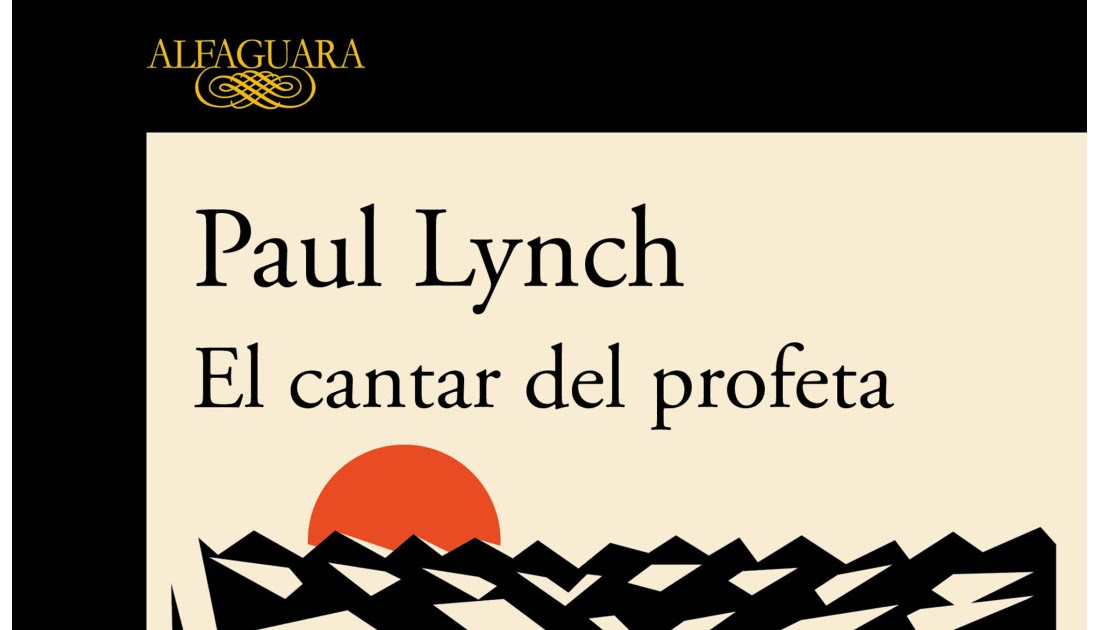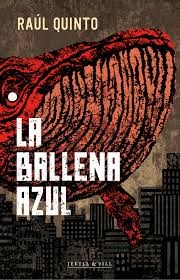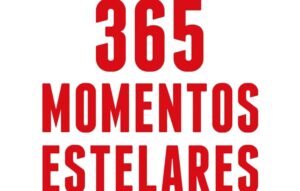
It is not the first time, nor will it be the last, that one is carried away by the recognition granted by the awards (in this case the Booker of 2023) and even more so when it is accompanied by very good reviews. But we already know that in awards, not everything that glitters is gold nor everything that is awarded is a masterpiece. And here we find ourselves, halfway between a promising start and a simply acceptable final result.
The story begins with Eilish Stack being at home at night with her children when, suddenly, the police from the National Secret Police Agency (ANPS) knock on the door of her house asking for Larry, her husband, who is outside the home. This visit leaves Eileen with a bad feeling, a feeling that “something has entered the house (…) a shapeless but imperceptible thing (…) the atmosphere that has entered the house is still present (…) she finds herself again near the window looking out. The darkened garden is no longer so desirable, because a part of that darkness has already entered the house. She fears for her husband, as he is the deputy secretary of the Irish Teachers’ Union and we find ourselves at a time when the state is in crisis and has passed a law that gives more power to the ANPS with the aim of maintaining public order. It seems that they accuse him of inciting hatred against the state, sowing discord and agitation, something that the ANPS cannot tolerate because “if you alter the sovereignty of the institutions you can change the sovereignty of the facts, you can modify the structure of convictions “And that is something that they will not allow because their purpose is to combat revolutionary ideas at all costs, even if it means turning the country into a police state that involves the search and capture of dissident elements, among which is Larry who disappears.” few days later of that visit. This new reality, because it is premature, because it is unthinkable, because it is impossible to believe in a state that, until now, was governed by a democracy, turns Eilish’s life into an exercise in acceptance, adaptation and resistance to a situation in which she already Nothing seems to be the same with Larry’s absence. An absence that she hopes will be temporary, fleeting, but that she will have to deal with while she takes care of her family and that she decides to fight without giving up because she claims, in the face of her husband’s arrest, that “I would rather die than see his daily absence wander before me.” of my children.
With this premise, the author weaves a story in which he knows how to perfectly convey the anguish and fear of a family in the face of possible reprisals from a state or repressive police force. Based on small everyday aspects, this fear penetrates us, because in those changes in day-to-day life they make the tension permeate the narrative and drag the reader into the darkness and the danger that is hidden behind those small gestures and actions implemented and executed by the police. The tension is evident and is shocking because it is close, because it is based on the altered daily life of a family, the wife and children, and the most absolute defenselessness in the face of the abuse of an authority that, although democratically elected, is far from being exemplary and fair Thus, the author is skillful in progressively increasing the tension in a text filled with internal reflections and thoughts that one has and fears about a society increasingly surrounded by a police state that increases control over citizens day by day. Without major plot twists or major turning points, the story builds to a climax in a constant but progressively subtle manner. Little by little freedoms are restricted, little by little control is increased, little by little repression is exercised and arrests by the ANPS increase in the face of the uprising and protest.
This novel, with a tragic message, stands out from many dystopias and shows a dark background because, in a dystopian novel there is always something that pushes us to continue and take a look (perhaps random, perhaps at the same time utopian) towards a possible future, although it is unlikely (even in Ali Smith’s dystopias there is always a glimmer of optimism), but not here, in this book there is no optimistic view or an open window to hope. And that leads me to ask myself, at the end of the book: beyond the alarm towards a world that could be possible in the future, what options does the author propose for us to move forward? There seems to be no option, no burning nails, no way out (even a traumatic one). Everything is black and the only thing that remains is the fight in a territory where we have the enemy lurking behind us and, in front, only a terrible, dark and immense abyss.
Source: https://unlibroaldia.blogspot.com/2024/12/paul-lynch-el-cantar-del-profeta.html


